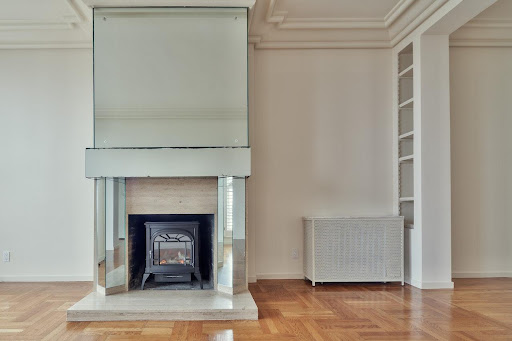The Underused Housing Tax (UHT) which was implemented on January 1, 2022 is a yearly levy of 1% on ‘vacant’ or ‘underutilized’ homes in Canada to tax non-Canadians who don’t live in Canada, yet own unused properties.
However Canadian citizens and residents may also be required to pay the 2022 Underused Housing Tax. Keep reading to learn more; however – it’s always best to consult a tax expert to accurately know your tax obligations, how to reduce them and to protect yourself from CRA penalties or prosecution.
Table of Contents
Definition of Underused Property
According to the Underused Housing Tax Act, the UHT applies to various types of residences, including detached homes, duplexes, triplexes (with up to three dwelling units), semi-detached homes, rowhouse units, residential condos, and other prescribed properties used as residences.
Under the Act, residential units are considered underused if they are occupied for less than 180 days in a year and meet the criteria of having a private living area, kitchen and bathroom facilities.
Applicability of the Underused Housing Tax
The Underused Housing Tax applies to every taxpayer who owns a prescribed property on December 31 of a calendar year and falls into one of the following categories –
- Non Canadian citizens or permanent residents.
- Canadian citizens or permanent residents who own a qualifying residential property as a trustee of a trust (excluding personal representatives of deceased individuals).
- Individuals, including Canadian citizens or permanent residents who own a residential property as a partner in a partnership.
- Corporations incorporated outside of Canada.
- Canadian corporations whose shares are not listed on a Canadian stock exchange designated for Canadian income tax purposes (although there are exemptions available).
- Canadian corporations without share capital.
Such taxpayers are categorized as “affected owners”.
Exemptions from the Underused Housing Tax
Exemptions from the Underused Housing Tax exist based on various factors – including the type of owner (such as certain private Canadian corporations), property availability, property location and use and the property’s occupant. For the full list of exemptions – visit the CRA website.
Calculating Underused Tax Obligation
If you are an affected owner, your Underused Housing Tax obligation is calculated by multiplying the value of the residential property by the 1% tax rate and then multiplying the result – by your ownership percentage of the property.
Calculating the Property Value
You have the option to use either the taxable value or the fair market value of your property for calculations of your UHT obligation.
If you choose to use fair market value, you must file an election with the CRA. This requires obtaining an appraisal of the property from an accredited, professional real estate appraiser operating independently. The appraisal report must be prepared solely for the purpose of calculating your taxes due under the Underused Housing Tax Act.
Filing a Return for the Underused Housing Tax
As an affected owner of a residential property in Canada on December 31 – even if you qualify for an exemption or do not owe any tax, you must file an Underused Housing Tax return for the calendar year and pay any outstanding UHT by April 30th of the following calendar year. You can file your return electronically or by mail.





